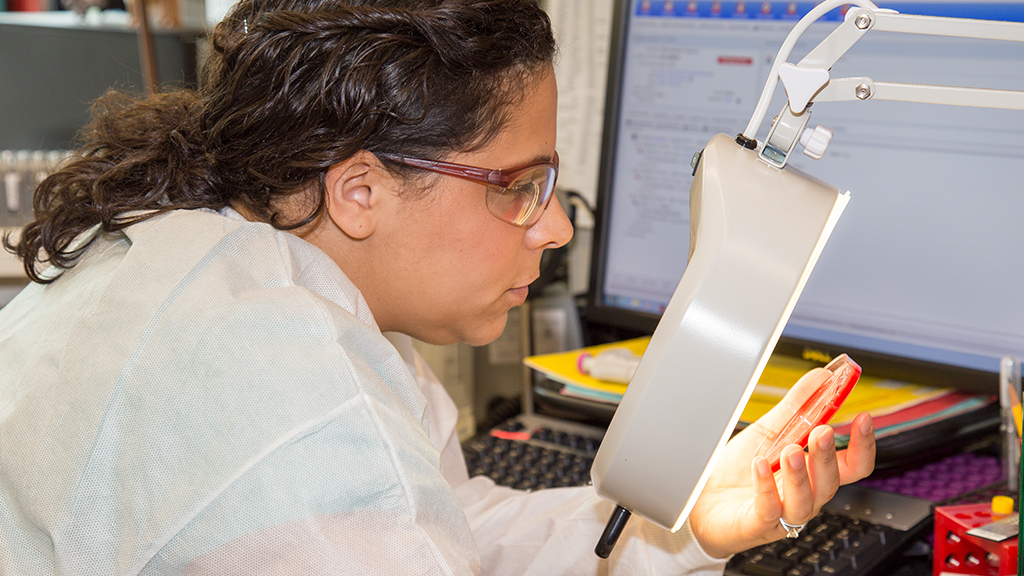Maintaining your pet’s well-being ensures they live their best life. Animal diagnostic labs deliver accurate health assessments for household pets.
Throughout this resource, we’ll examine how veterinary labs function, what tests they offer, and why regular diagnostic testing is important.
Understanding the Role of Veterinary Testing Centers
Veterinary testing facilities help diagnose biological samples from pets. Veterinary clinics use their findings to deliver personalized care for pets.

How tests are conducted typically involves:
- Gathering pet health data: Blood, urine, feces, or tissue samples are collected from the pet.
- Analysis of specimens: Modern technology run tests on the materials.
- Analyzing test results: The lab provides detailed reports to the veterinarian for health management plans.
Essential Diagnostic Tests for Cats and Dogs
Veterinary labs provide numerous testing options to ensure pets stay healthy. Popular diagnostic services include:
- Complete blood counts (CBC): Check for chronic conditions.
- Urine tests: Spot bladder issues.
- Fecal examinations: Spot signs of infections.
- Allergy testing: Identify environmental triggers.
- Diagnostic imaging: Check for fractures.
Why Regular Testing is Important for Your Pets
Routine diagnostic testing is critical to managing chronic conditions. Early detection gives your pet the best chance at recovery.

Some key benefits include:
- Personalized health strategies: Tailored treatments for your pet’s needs.
- Peace of mind for pet owners: Regular testing ensures clarity.
- Avoiding expensive treatments later: Manage minor issues before they escalate.
laboratório veterinario são paulolaboratorios veterinários
Why Veterinary Testing is Essential for Cats and Dogs
Scheduling routine tests for your four-legged friends ensures their longevity. Pet testing facilities help identify issues early to manage their health effectively.
Start using veterinary labs for routine care to protect their health!